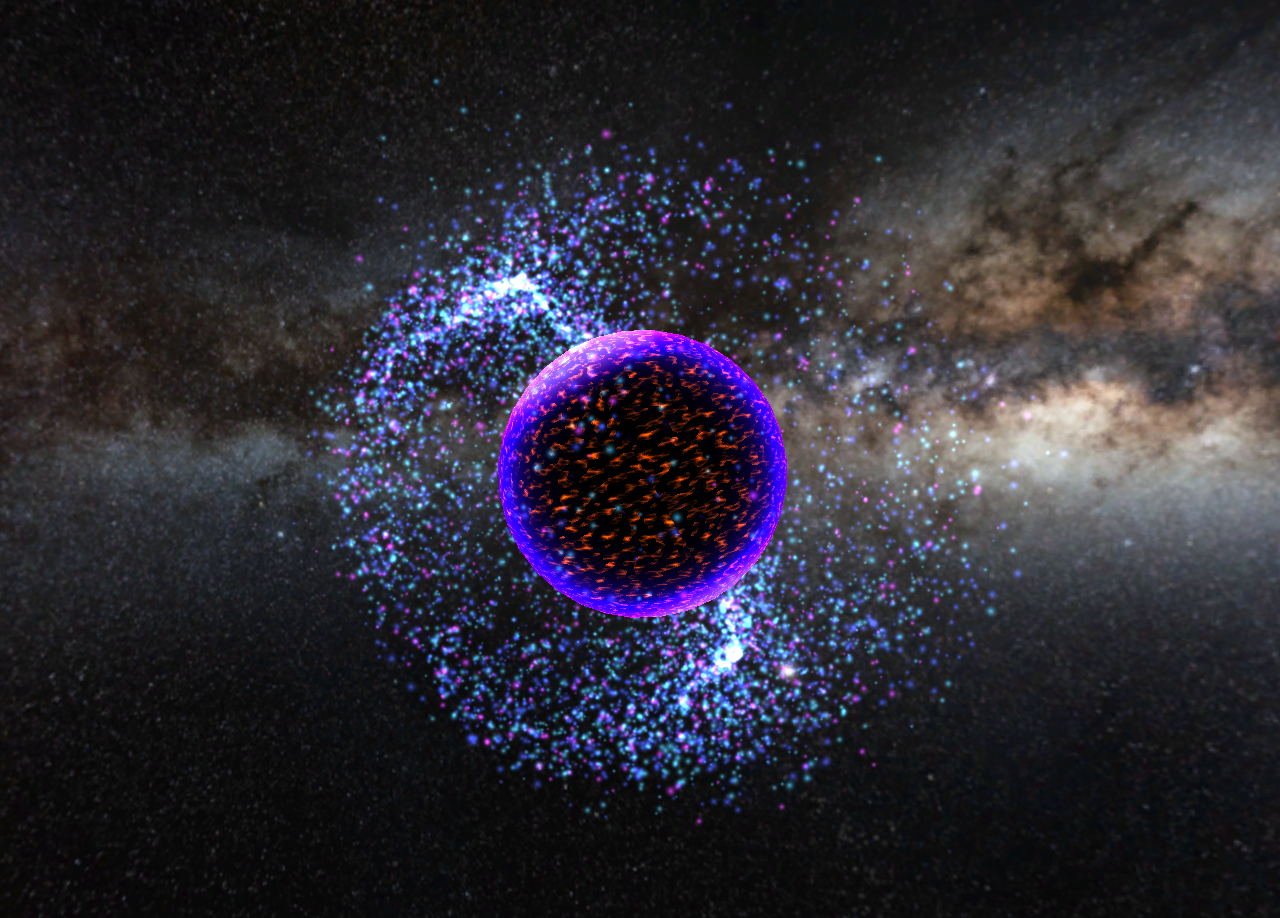New $5.2m supercomputer enhances high impact research around Australia

The new supercomputer will be searching for both Fast Radio Bursts and the gravitational waves generated by supermassive black holes and perturb the arrival times of pulsars.
In summary
- Swinburne University of Technology launched its $5.2 million supercomputer
- This supercomputer has a processing capacity millions of times beyond that of regular computers
- The Ngarrgu Tindebeek supercomputer received funding via Victorian Higher Education State Investment Fund and was named by Wurundjeri elders
Swinburne University of Technology has launched its $5.2 million supercomputer that will produce groundbreaking space technology, medicine, and environmental research by researchers and partners across Australia.
This supercomputer has a processing capacity millions of times beyond that of regular computers, enabling groundbreaking research into space, the brain and complex ecosystems on Earth.
The Ngarrgu Tindebeek supercomputer received $5.2m from the Victorian Higher Education State Investment Fund (VHESIF) in 2022 and was named by Wurundjeri elders through the assistance of the Moondani Toombadool Centre. It translates as “Knowledge of the Void” in the local Woiwurrung language and represents the goal of harnessing the power of a supercomputer to enable researchers to explain the unknown and push the boundaries of knowledge.
Its capabilities include forming a better understanding of:
The mysteries of space including gravitational waves, black holes and galaxy formation
The brain’s operation through analysis of brain data by neuroscientists and neuroimaging experts
Our planet through earth observation data generated from satellites and other ecosystem analysis.
“What used to take researchers and students weeks or months to achieve on their desktops, can now be done in a matter of hours,” says Data Science Research Institute Director and 2023 winner of the Shaw Prize Professor Matthew Bailes. “This supercomputer is designed specifically to help researchers facing massive data sets – like astronomers or neuroscientists - make groundbreaking discoveries. This already makes it such a sought-after machine from scientists in Australia and around the world.”
“Excitingly, it could help us become the first people to convincingly detect gravitational waves from super massive black holes by performing trillions of calculations every second for weeks."

Professor Matthew Bailes with the Ngarrgu Tindebeek supercomputer.
All Victorian universities will be able to use the supercomputer in collaborative research projects. This program of work will support 50 researchers, and be used by over 250 students from high school to PhD level.
Swinburne is also exploring longer term engagements with Wurundjeri and other Indigenous communities through the supercomputer in relation to school engagement and future research opportunities.
Indigenous artist Mandi Barton will design feature artwork for the exterior of the supercomputer in the coming months, further enhancing Ngarrgu Tindebeek’s connection to the local Wurundjeri community.
The facility will be supported by Astronomy Australia Limited (AAL) and in partnership with Victoria University (VU) and Federation University Australia (FUA). Support for the ongoing operations of the Swinburne supercomputing environment comes from the National Collaborative Research Investment Scheme (NCRIS).
The new supercomputer builds on Swinburne’s long history of supercomputer design, development and operation, which includes discovering many of the first Fast Radio Bursts and determining the parameters of gravitational wave events.
-
Media Enquiries
Related articles
-

- University
- Education
Swinburne shines in 2025 QS World University Rankings by Subject
Swinburne University of Technology has achieved a total of 17 subjects ranked in the latest QS World University Rankings by Subject 2025.
Thursday 13 March 2025 -

- Technology
- Education
- Science
- University
New Australia-India joint research institute to advance energy, communications, materials and manufacturing technologies
Swinburne University of Technology and the Indian Institute of Technology Hyderabad (IITH) have launched the Swinburne-IITH Manufacturing, Materials, Energy and Communication Technologies (SIMMECT) Joint Research Institute, to drive impactful research and global collaboration on major technology challenges.
Monday 03 March 2025 -

- Health
- Science
Swinburne to boost AI-driven design for dental devices with investment in H3D
Swinburne has invested in spinout company H3D, a cutting-edge tech company that is reinventing custom-fit devices using AI and automation.
Monday 31 March 2025 -

- Science
- Sustainability
Swinburne joins global Green Steel Alliance to advance carbon-neutral ironmaking and steelmaking
Swinburne has become a founding member of the global Green Steel Alliance. The Green Steel Alliance brings together leading research and industry stakeholders from around the world to advance the transition to a green economy.
Wednesday 12 March 2025 -

- University
- Astronomy
- Science
‘Big Wheel’ disk galaxy discovered accidentally by international team
An international team involving Swinburne University of Technology has discovered a giant spiral disk galaxy in the early cosmos.
Tuesday 18 March 2025

